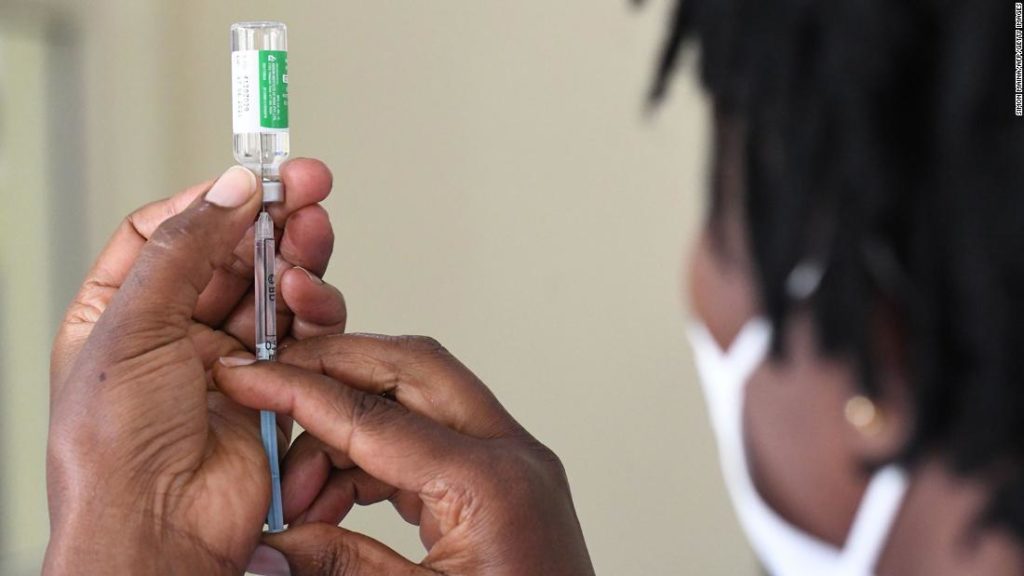Unable to mourn
I had just finished filming at a crammed ICU treating critical Covid-19 patients in Uganda’s capital of Kampala last month when I learned that my uncle Justus had himself died of the virus across the border in Kenya. I was heartbroken, and angry. He was not vaccinated because Kenya didn’t — and still does not — have enough shots even for a senior like him.
Justus was buried within 48 hours as the Kenyan government requires. He was the third family member who had died in the pandemic that I didn’t get a chance to mourn properly or see laid to rest.
Like everywhere else in the world, pandemic fatigue is sweeping through Africa. The difference here is that people can’t afford to ignore common sense public health measures, because we don’t have the luxury of a widespread vaccine rollout and herd immunity to protect us.
“And because people are dying every day, that’s why I say that a vaccine delayed is a vaccine denied,” Dr. Gitahi Githinji, group CEO of Amref Health Africa, told CNN.
Africans left perplexed by reluctance in the West
Global health authorities have warned that during a global pandemic nobody is safe until everybody is safe. Yet vaccine inequity means that new virus strains could emerge in Africa and spread quickly to the rest of the world, rendering any mass vaccination gains elsewhere ineffective.
A continent abandoned
The biggest lesson for Africa, some leaders here say, is that it is on its own, and there’s no such thing as global solidarity when people are at their most vulnerable.
“As a continent, we must stop believing that there’s anybody out there who’s a Biblical Good Samaritan who’s just about to come help us,” Kenya’s health minister Mutahi Kagwe told me in May. “This is a situation where we’ve seen very clearly that’s its everyone for himself or for herself and God for us all.”
Long after the richest parts of the world have won the war on the pandemic, Africa could be the last place on earth still battling against a vicious virus with no arms or ammunition. The oft-repeated mantra that “we’re in this together” rings hollow when a privileged few have more vaccines than they need and a great many have nothing.
By the time my grandmother got vaccinated by local officials it was already too late as she had been infected by Covid-19. She outlived her husband, my paternal grandfather, by more than 25 years, yet we’re now coming to terms that she might not survive this disease. All I needed to get protection was walk to a nearby drugstore in Washington, DC. But many people like my grandmother have died, or will die, because of the accident of where they live. Her heart is now failing, and mine is breaking.
You may also like
-
Afghanistan: Civilian casualties hit record high amid US withdrawal, UN says
-
How Taiwan is trying to defend against a cyber ‘World War III’
-
Pandemic travel news this week: Quarantine escapes and airplane disguises
-
Why would anyone trust Brexit Britain again?
-
Black fungus: A second crisis is killing survivors of India’s worst Covid wave

